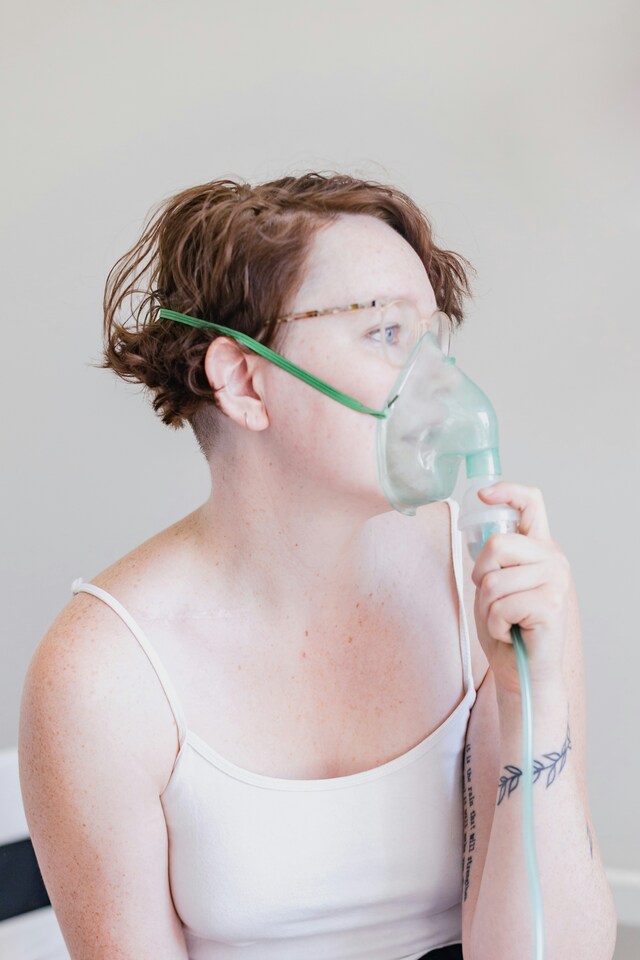With spring in full swing and warmer weather expected soon, paramedics and experts are reminding Victorians to update their asthma action plans to stay safe.
Asthma can affect people of all ages and, if unmanaged, can develop into a serious health concern.
Ambulance Victoria (AV) Director Emergency Management Justin Dunlop said creating an asthma action plan is an easy and potentially lifesaving step.
“It’s simple – visit your GP and they can create a plan with you,” he said.
“Everyone’s asthma action plan will look different, and it will help you manage your condition, ensuring you don’t find yourself in an emergency.”
Experts are warning of a challenging hay-fever season this year, increasing risk for people living with asthma as well as the likelihood of thunderstorm asthma conditions due to unpredictable weather patterns.
Thunderstorm asthma can develop when thunderstorms occur during high pollen periods, usually from October to December in Victoria and New South Wales, according to the RACGP. This compounds the effects of usual asthma triggers, including pollen, but also bushfires and pollution.
Chief Medical Officer of Healthdirect Dr Nirvana Luckraj said the most common symptoms of asthma are difficulty breathing, wheezing, coughing, feeling ‘out of breath’ and tightness in the chest.
“Asthma symptoms can sometimes flare up and become more severe and this is known as an asthma attack. A serious asthma attack requires urgent medical attention from a healthcare professional or emergency department,” they said.
“If you have asthma, it’s important that you and your doctor create an asthma action plan together. The action plan should include the details of your usual asthma medicines, how to recognise symptoms of an asthma attack and what to do in an emergency. It should also include your doctor’s contact details.”
Adults should update their asthma action plan yearly, while every six months is recommended for children.
For Victorians that have hay fever and have also experienced asthma symptoms such as wheezing, breathlessness, shortness of breath, coughing and chest tightness, see your GP.
Mr Dunlop said taking preventative action will make a real difference for our busy paramedics.
“Follow your asthma action plan, and most importantly, if a person is having difficulty breathing and their reliever medicine is not working, don’t delay in calling Triple Zero (000),” he said.
AV is also encouraging all Victorians to know where to go for timely medical care and health advice to help save Triple Zero (000) for emergencies.
The Victorian Virtual Emergency Department (VVED) is available at www.vved.org.au and is a free 24/7 online service. It connects people with emergency doctors and nurses from anywhere in the state.
You can also visit an Urgent Care Clinic, which provides GP-led care to those who need urgent care, but not an emergency response. To find your nearest one, visit the Better Health website.







